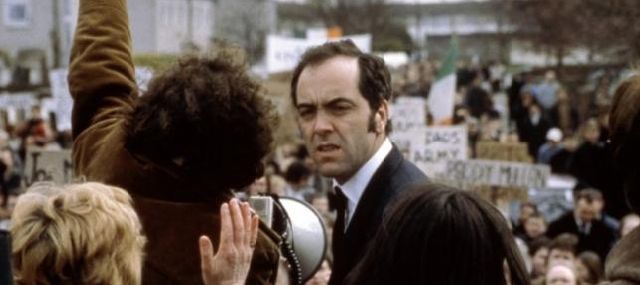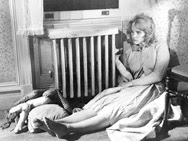My Favorite Films, Plague Edition (Volume 20): Films about The Northern Ireland Troubles

Bloody Sunday (2002) Directed by Paul Greenglass ’71 (2014) Directed by Yann Demange, starring Jack O’Connell The Northern Irish “troubles” of the 1970-80s, once seemed to rival the middle east when it came to intractable conflicts. The ceaseless bloodshed between Catholics, Protestants, and the British “peacekeepers” was a steady news item of my youth. Given the Irish propensity to fine drama and stark tragedy in literature, it is not surprising that good films would emerge telling the chronicle of that sad era. Bloody Sunday was an early film of Paul Greenglass (b. 1955), an English director who would go on to make compelling docu-drama films like United 93 (still the best 9/11 movie) and Captain Phillips , the Tom Hanks drama about a tanker hijacked by Somali pirates. Bloody Sunday tells the story of the infamous massacre in Derry in 1971 where overeager and jittery British troops shot 26 civilians, killing 13, on a day that was intended for a peaceful protest ...



